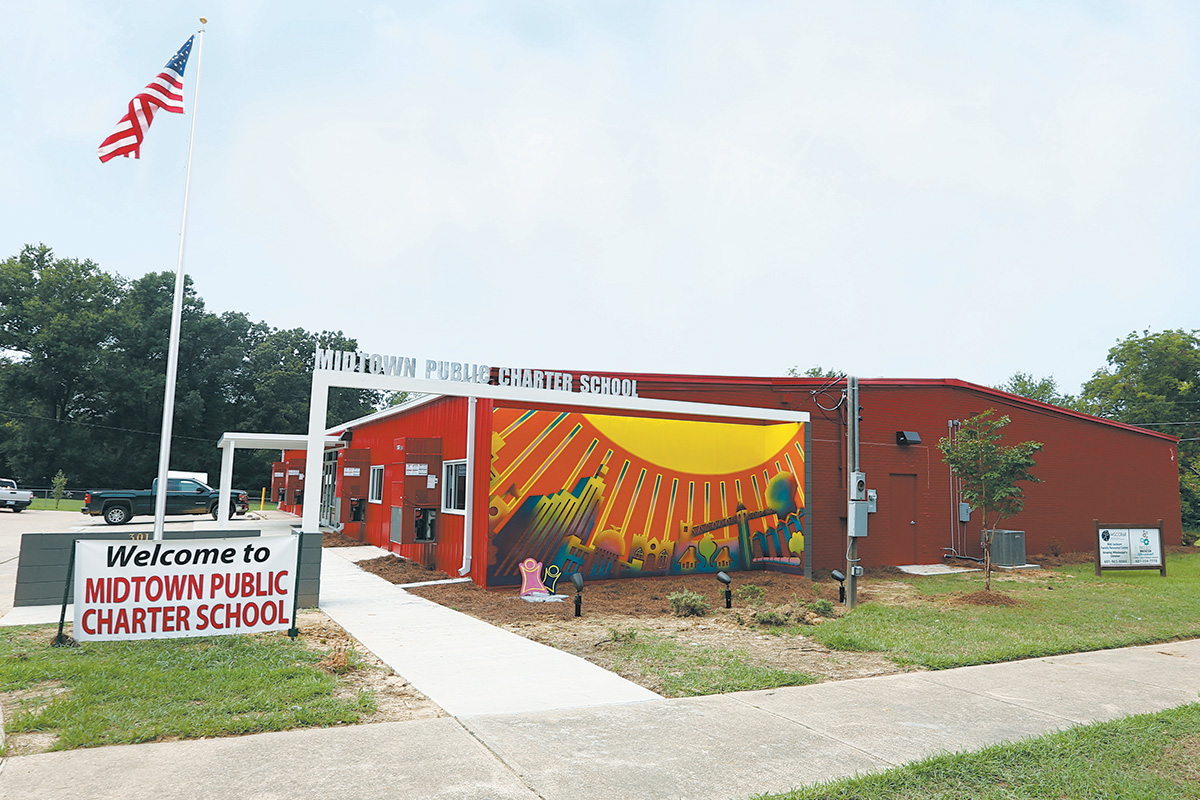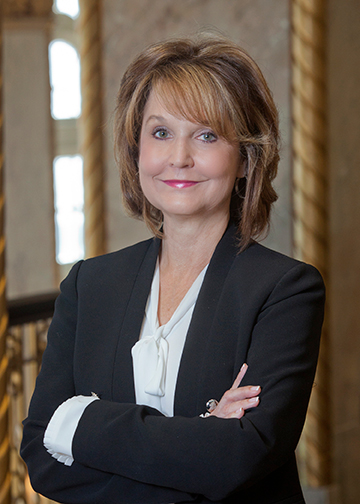After several iterations of charter-related law, the Mississippi Legislature enacted the Mississippi Charter Schools Act of 2013, which established a charter-school oversight board to authorize high-quality charter schools that expand opportunities for underserved students and increase access to excellent public schools.
Mississippi is ranked No. 6 in the nation for its charter-school law by the National Alliance for Public Charter Schools. This leaves little doubt the Legislature made solid decisions when crafting the legislation. Those decisions guided founding board members of Mississippi Charter School Authorizer Board (MCSAB) as they developed practices and policies to ensure a strong foundation to carry out the work of the authorizer. That work continues today.
As a relatively young charter sector, Mississippi is positioned to learn from others who began their journey into the public charter-school world much earlier. The nation’s first public charter school opened in 1992. The MCSAB takes advantage of lessons learned early in the charter movement and intentionally authorizes operators who provide evaluators with a compelling application. They must clearly demonstrate their ability to provide children with access to high-quality academic experiences and establish standards of excellence in organizational and fiscal management.
Mississippi’s charter law clearly outlines and describes the components that must be included in the request for proposal. Those requirements include: the vision and mission of the school; the school’s model; plans for student recruitment and discipline; how it will identify and successfully serve students with special needs; parent involvement strategies; a five-year budget; and the disclosure of any potential conflicts of interest.
This is not an easy task, nor should it be.

Operators who provide a contract to open and operate a public charter school in Mississippi are engaging in the charter bargain: autonomy for accountability. The MCSAB entrusts the leadership of the operator with public money and the lives of children. Both demand high levels of confidence before a charter can be granted.
Applicants are provided ongoing and on-demand technical assistance, guidance and a chance to participate in a mock capacity interview throughout the application cycle. Applicants who choose to take advantage of these opportunities place themselves in a better position to earn the approval of the board, but participation does not guarantee the application’s quality or acceptance.
Applicants must do more than demonstrate on paper their ambitious and sincere goals to serve children. They must demonstrate the capacity to lead, develop, organize, plan, operate and execute their goals in a way that brings their vision to reality.
Since the charter law passed in 2013, seven charter schools have opened in Mississippi, and two more plan to open in fall 2022. Some charter advocates criticize the MSCAB for not approving more applicants, but the charter law is grounded in quality, not quantity. Mississippi’s seven—and soon to be nine—charter schools provide the parents in their communities with a high-quality public school option for their children. We are growing our charter sector at a deliberate pace to ensure every school that opens is strong and successful.
Mississippi’s charter law was designed so our state would not be in the same position as Arizona, which opened 200 charter schools in six years only to see 100 close. The MCSAB, charter-school leaders, and advocates share the common goal of improving the lives of children and offering options for families. We each play a role in attracting, recruiting and supporting potential leaders and high-quality operators. When opportunities to grow the charter sector come, MCSAB will be in a position to approve innovative, creative, high-performing schools that will flourish throughout the great state of Mississippi.
This MFP Voices essay does not necessarily represent the views of the Mississippi Free Press, its staff or board members. To submit an essay for the MFP Voices section, send up to 1,200 words and factcheck information to azia@mississippifreepress.org. We welcome a wide variety of viewpoints.






